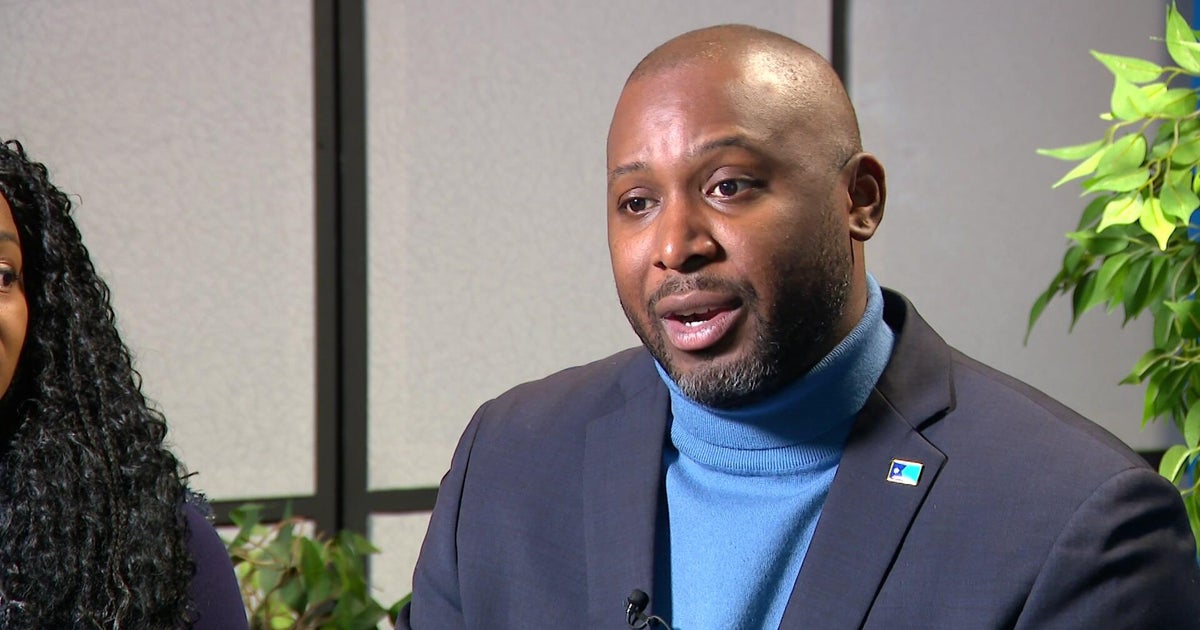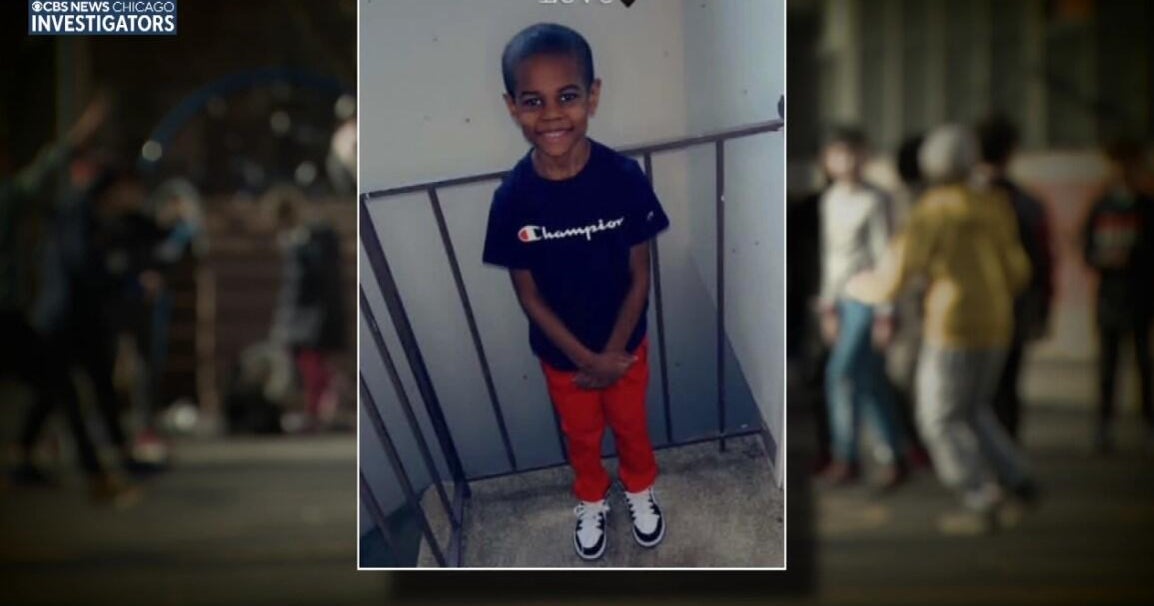Priorities For 2013 Legislature Becoming Clear
AUSTIN (AP) – The Texas Legislature may not return to work for another 11 months, but that hasn't kept the state's leadership from signaling what it thinks will be the big issues to tackle next year.
House Speaker Joe Straus and Lt. Gov. David Dewhurst, who presides over the Senate, have issued so-called interim charges to the Legislature's committees. These are essentially homework assignments for lawmakers before the next session to get prepared for the state's most pressing issues.
Not surprisingly, money matters are at the top of the list.
Straus was the first off the mark, assigning committees to study how to reduce government spending, improve the state's tax system, encourage manufacturing and promote transparency in state government. There is also a healthy dose of conservative priorities, with orders to investigate border security measures, how to privatize more state services and to study federal environmental regulations.
There is little doubt, though, that the two biggest parts of the budget will remain the most difficult tasks for the next Legislature. Public education and Medicaid, the health insurance for the poor and disabled, make up nearly two-thirds of Texas state spending.
Medicaid is the fastest growing line item with experts estimating costs could increase between $10 billion and $15 billion in the next two-year budget. Straus has assigned the appropriations committee to look at ways to cut costs through streamlining Medicaid and studying what other states are doing to cut costs. The assignment comes after the Legislature intentionally underfunded Medicaid last year by $3.8 billion, a deficit that lawmakers will have to deal with early in 2013 when the money runs out.
Public education is expected to go up roughly $4 billion next year and Democrats have promised to make it a major issue in the 2012 election. Dewhurst and Straus have created a special joint committee to dive into school finance law.
"The future of Texas is being forged in our classrooms every day," Dewhurst said. "That is why the Texas Legislature remains dedicated to continuing our investment in public education, directing more resources to the classroom and improving the quality of learning for every student in every school and every district across our state."
Lawmakers will also take a look at the revenues. The House Ways and Means' Committee is scheduled to meet on Thursday to examine the state franchise tax and changes to property tax law.
The current business tax -- better known as the franchise or margins tax -- was created in 2006 to cut property taxes and to shift the burden to businesses without raising overall taxes. However, the franchise tax generates $4 billion less per year than the Legislature promised.
Fearing attacks from conservatives, Straus carefully phrased his orders by telling the committee to "evaluate the state's tax structure and determine its impact on the competitiveness of the Texas business climate." Democrats, and some Republicans, have said the tax needs to be revised so it raises the money the state was promised.
Straus left the door open for major changes, adding: "As part of this review, evaluate the franchise tax and determine whether the tax structure should continue to exist ... or whether the existing tax structure should be repealed and replaced with a different business tax."
Other issues that will likely be big topics include expanding charter schools, financing the state highway program, alleviating the electricity generation shortage, dealing with the federal health care law and consider changes to the state employee pension and health care systems.
State funding for colleges and universities are also under the microscope, with lawmakers asking if taxpayers are getting their money's worth. They will also look at more than a dozen initiatives to encourage economic development.
Of course, Gov. Rick Perry plays a role in lawmaking by naming what he considers emergency legislation at the beginning of the session, and then vetoing what he doesn't like after the lawmakers go home. One big question is how influential will he be next year when lawmakers return to implement what they've learned.
Perry opposes any increase in state spending and has reserved the option to run again in 2014. If he were to win and serve out the term, that would give him 18 years in office. Many Republicans are not sure one politician should hold the office for that long, and most expect Perry will announce his retirement after the 2013 session. The state's political class will be watching if Perry's authority over the Legislature is diminished.
There will also be a lot of new faces in 2013. At least 30 Texas lawmakers out of 182 are leaving office voluntarily and more will lose re-election. Afterward many of these rookies will feel voters have given them a different agenda to bring to Austin.
(Copyright 2012 by The Associated Press. All Rights Reserved.)







